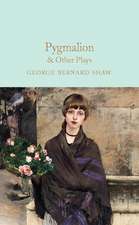
Cărți de George Bernard Shaw

George Bernard Shaw (26 July 1856 – 2 November 1950), known at his insistence simply as Bernard Shaw, was an Irish playwright, critic, polemicist and political activist. His influence on Western theatre, culture and politics extended from the 1880s to his death and beyond. He wrote more than sixty plays, including major works such as Man and Superman (1902), Pygmalion (1912) and Saint Joan (1923). With a range incorporating both contemporary satire and historical allegory, Shaw became the leading dramatist of his generation, and in 1925 was awarded the Nobel Prize in Literature.
Born in Dublin, Shaw moved to London in 1876, where he struggled to establish himself as a writer and novelist, and embarked on a rigorous process of self-education. By the mid-1880s he had become a respected theatre and music critic. Following a political awakening, he joined the gradualist Fabian Society and became its most prominent pamphleteer. Shaw had been writing plays for years before his first public success, Arms and the Man in 1894. Influenced by Henrik Ibsen, he sought to introduce a new realism into English-language drama, using his plays as vehicles to disseminate his political, social and religious ideas. By the early twentieth century his reputation as a dramatist was secured with a series of critical and popular successes that included Major Barbara, The Doctor's Dilemma and Caesar and Cleopatra.
Shaw's expressed views were often contentious; he promoted eugenics and alphabet reform, and opposed vaccination and organised religion. He courted unpopularity by denouncing both sides in the First World War as equally culpable, and although not a republican, castigated British policy on Ireland in the postwar period. These stances had no lasting effect on his standing or productivity as a dramatist; the inter-war years saw a series of often ambitious plays, which achieved varying degrees of popular success. In 1938 he provided the screenplay for a filmed version of Pygmalion for which he received an Academy Award. His appetite for politics and controversy remained undiminished; by the late 1920s he had largely renounced Fabian Society gradualism and often wrote and spoke favourably of dictatorships of the right and left—he expressed admiration for both Mussolini and Stalin. In the final decade of his life he made fewer public statements, but continued to write prolifically until shortly before his death, aged ninety-four, having refused all state honours, including the Order of Merit in 1946.
Since Shaw's death scholarly and critical opinion about his works has varied, but he has regularly been rated among British dramatists as second only to Shakespeare; analysts recognise his extensive influence on generations of English-language playwrights. The word Shavian has entered the language as encapsulating Shaw's ideas and his means of expressing them.


Pygmalion
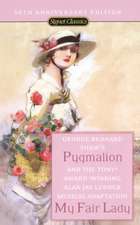
Pygmalion and My Fair Lady (50th Anniversary Edition)

Major Barbara
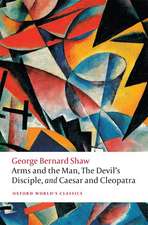
Arms and the Man, The Devil's Disciple, and Caesar and Cleopatra
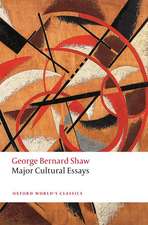
Major Cultural Essays
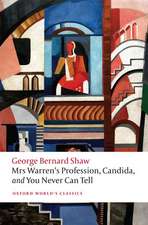
Mrs Warren's Profession, Candida, and You Never Can Tell

The Apple Cart, Too True to Be Good, On the Rocks, and The Millionairess
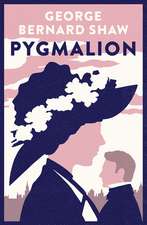
Pygmalion: 1941 version with variants from the 1916 edition: Definitive 1941 version with footnotes indicating the textual variants

Pygmalion, Heartbreak House, and Saint Joan
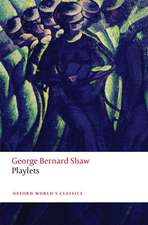
Playlets
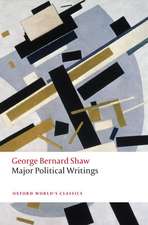
Major Political Writings
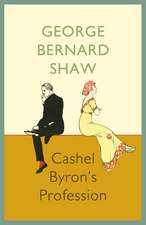
Shaw, G: Cashel Byron`s Profession
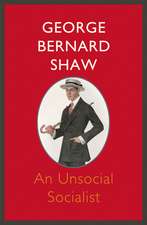
An Unsocial Socialist

On War
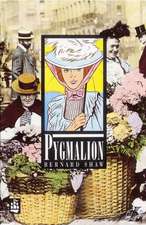
Pygmalion. Mit Materialien

George Bernard Shaw: Selected Plays and Prefaces

Pygmalion

Ein Wagner-Brevier
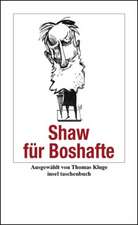
Shaw für Boshafte
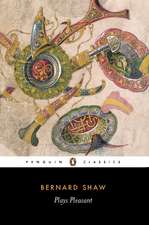
Plays Pleasant

Major Barbara
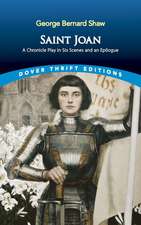
Saint Joan

Man and Superman
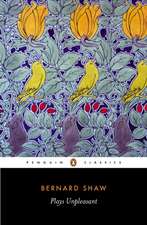
Plays Unpleasant

Heartbreak House
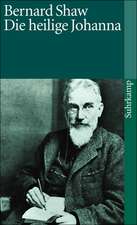
Die heilige Johanna

The Perfect Wagnerite (Esprios Classics)

An Unsocial Socialist – A Novel

Wit and Acid 2

Pigmalión
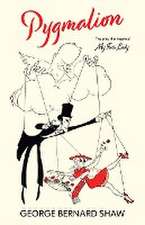
Pygmalion (Warbler Classics Annotated Edition)
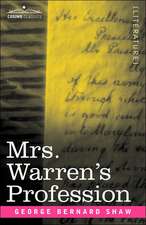
Mrs. Warren's Profession

Wit and Acid

Man and Superman, John Bull's Other Island, and Major Barbara
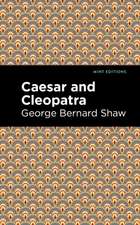
Caesar and Cleopatra

Arms and the Man

The Doctor's Dilemma
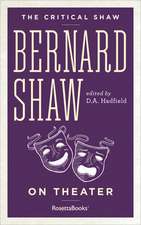
The Critical Shaw: On Theater

Pygmalion.
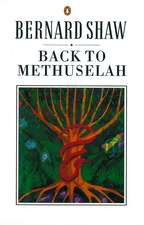
Back to Methuselah

The Sanity of Art

Candida
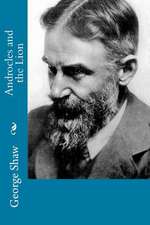
Androcles and the Lion
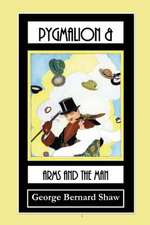
Pygmalion & Arms and the Man
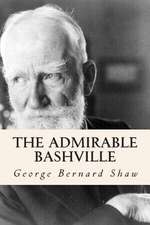
The Admirable Bashville

The Devil's Disciple

Captain Brassbound's Conversion

Helden

Great Catherine Whom Glory Still Adores
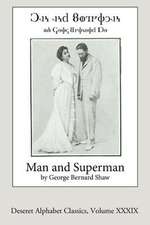
Man and Superman (Deseret Alphabet Edition)
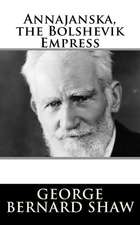
Annajanska, the Bolshevik Empress
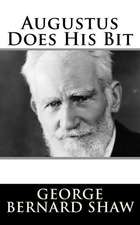
Augustus Does His Bit

Cashel Byron's Profession
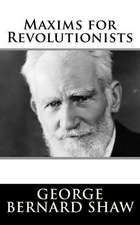
Maxims for Revolutionists

Preface to Androcles and the Lion

A Treatise on Parents and Children
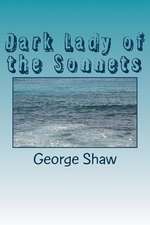
Dark Lady of the Sonnets

Fanny's First Play

Getting Married

Great Catherine
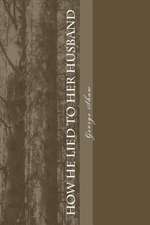
How He Lied to Her Husband

John Bull's Other Island

Misalliance

Mrs Warren's Profession

O'Flaherty V.C

Preface to Major Barbara

Press Cuttings

The Inca of Perusalem

The Irrational Knot
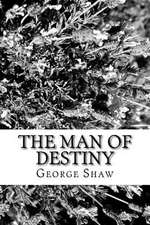
The Man of Destiny

The Perfect Wagnerite

The Philanderer

The Revolutionist's Handbook and Pocket Companion

The Shewing-Up of Blanco Posnet

You Never Can Tell

Three Plays for Puritans

Last Plays: "in Good King Charles's Golden Days"; Buoyant Billions; Farfetched Fables; Shakes Versus Shav; Why She Would not

Plays Extravagant: Too True to be Good, The Simpleton of the Unexpected Isles, The Millionairess

Selected Short Plays

William Morris: Artist, Writer, Socialist
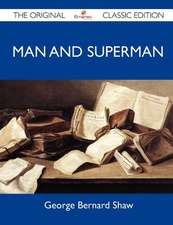
Man and Superman - The Original Classic Edition

Candida (Harris)
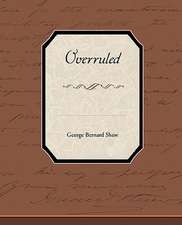
Overruled

Major Barbara

Pygmalion

John Bulls Other Island

The Doctors Dilemma

Plays Political: The Apple Cart, On the Rocks, Geneva

The Doctor's Dilemma

Androcles and the Lion
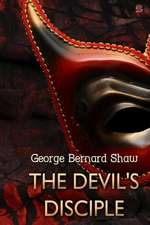
The Devil's Disciple, by George Bernard Shaw
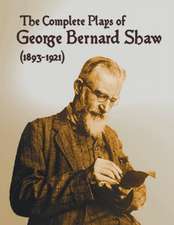
Complete Plays of George Bernard Shaw (1893-1921), 34 Complete and Unabridged Plays Including

Saint Joan

"My Dear Loraine"
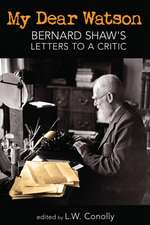
My Dear Watson
- 1
- 2